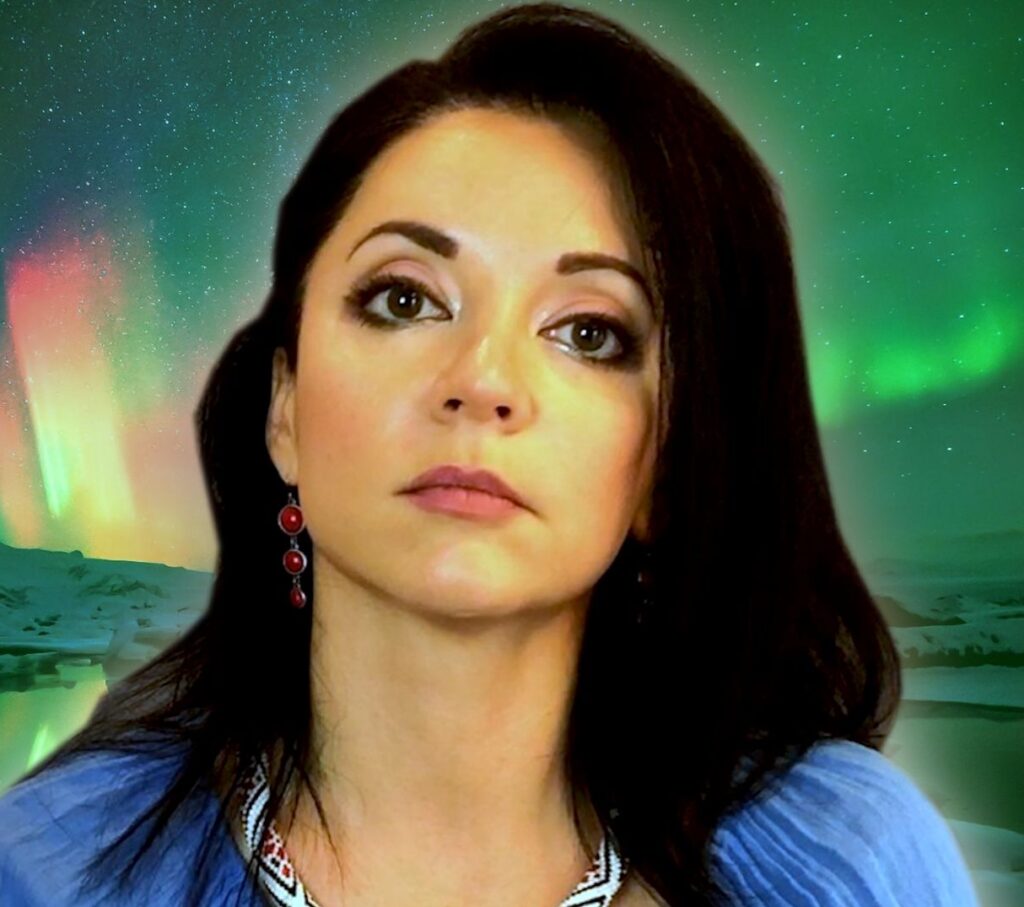We have seen iconic images online: such as MAGA hats, swastikas and ISIS flags. What do these do to us and how do they lead is some cases to violent extremism?
In this episode of Canadian Intelligence Eh! podcast, Borealis is joined by Dr. Sophia Moskalenko to delve into these questions.
About my guest Dr. Sophia Moskalenko
Sophia Moskalenko researches terrorism and radicalization at the National Consortium for the Study of Terrorism and Responses to Terrorism (NC-START) where she has worked on research projects commissioned by the Department of Defence, Department of Homeland Security and Department of State.
With Clark McCauley, she has co-authored the award-winning Friction: How Conflict Radicalizes Them and Us, and The Marvel of Martyrdom: The Power of Self-Sacrifice in the Selfish World.
About the host Phil Gurski
Phil Gurski is the President and CEO of Borealis Threat and Risk Consulting Ltd. and Programme Director for the Security, Economics and Technology (SET) hub at the University of Ottawa’s Professional Development Institute (PDI). He worked as a senior strategic analyst at CSIS (Canadian Security Intelligence Service) from 2001-2015, specializing in violent Islamist-inspired homegrown terrorism and radicalisation.
From 1983 to 2001 he was employed as a senior multilingual analyst at Communications Security Establishment (CSE – Canada’s signals intelligence agency), specialising in the Middle East.
Find out more about Phil Gurski
Email notifications
If the ins and outs of terrorism, extremism, national security and public safety are of interest to you, this website is a must. Register to receive more content from former Canadian intelligence analyst and author Phil Gurski on these issues.



One reply on “Sophia Moskalenko: How does the sharing of images and memes online contribute to radicalisation?”
Agreed, radicalization is a social process.